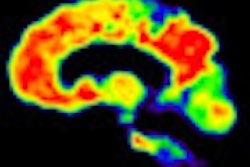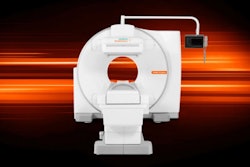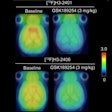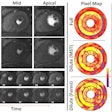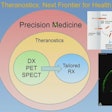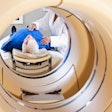PET imaging with carbon-11-labeled Pittsburgh Compound B (PiB) has shown that a sedentary lifestyle is associated with greater cerebral amyloid deposition among cognitively normal individuals with the ε4 allele of the apolipoprotein E (APOE) gene, according to a report published online January 9 in Archives of Neurology.
Researchers from Washington University in St. Louis collected samples of cerebrospinal fluid from 165 participants and performed brain imaging with the amyloid binding agent PiB-PET on 163 patients.
Patients who exercised more had lower average cortical PiB binding in certain regions of the brain than patients who exercised less. Those who were ε4-positive also had higher levels of cortical amyloid, compared with individuals negative for the ε4 allele, which is an established genetic risk factor for Alzheimer's.
There was a "novel interaction" between exercise and APOE status for PiB binding, with a more sedentary lifestyle being significantly associated with greater binding for allele carriers only, according to the authors.






